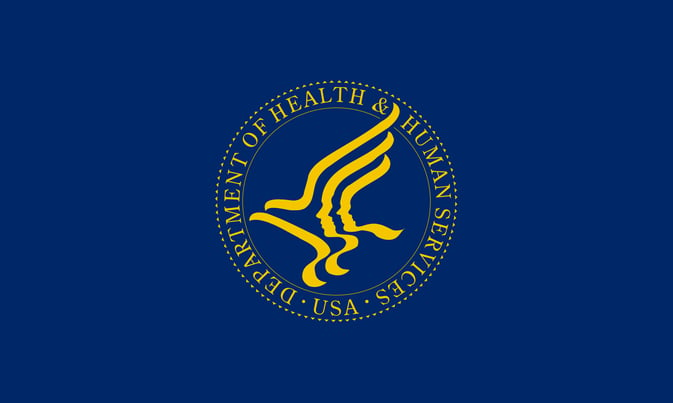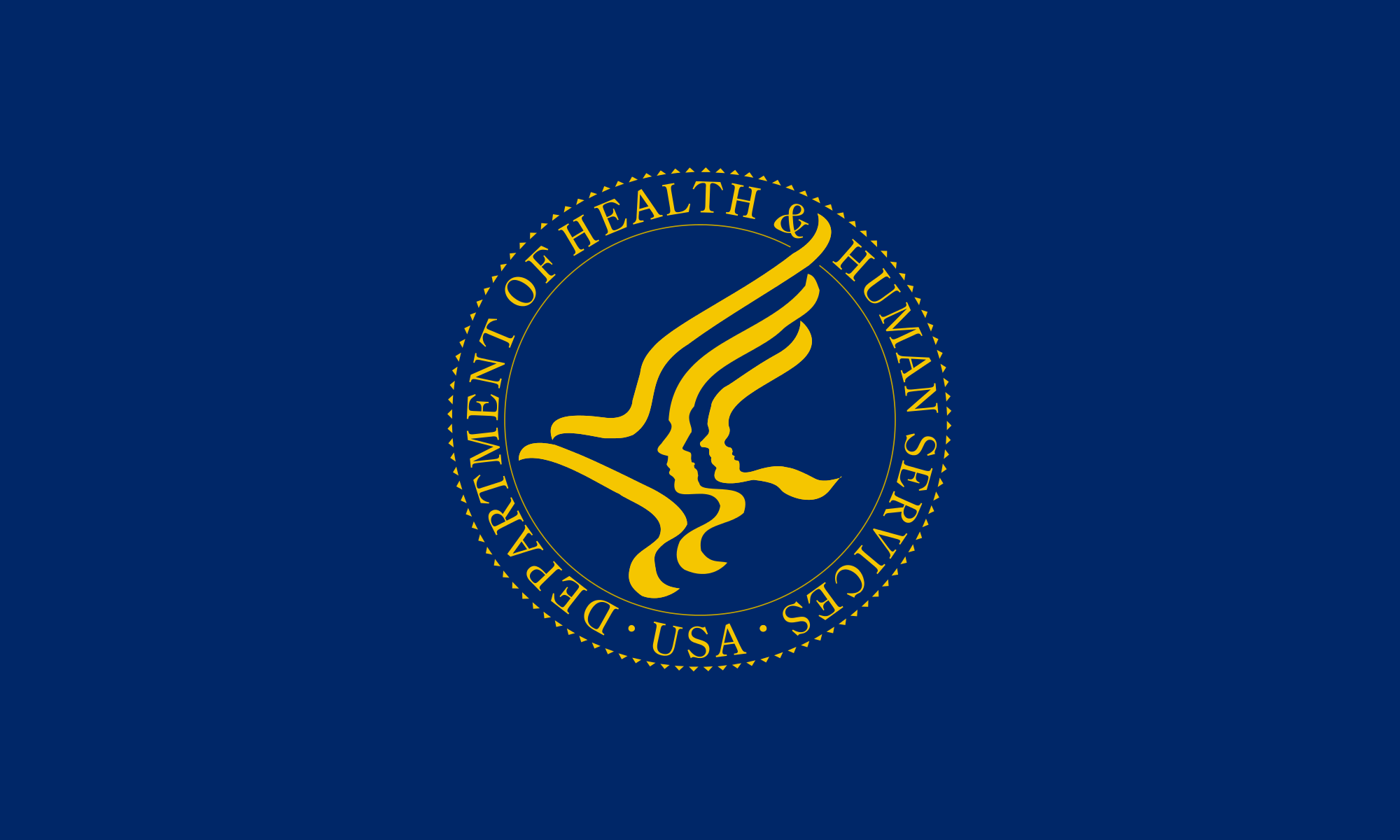 The HHS Office of Human Research Protections is delaying by one year the implementation deadline for changes in the common rule, the regulations that govern human subjects research.
The HHS Office of Human Research Protections is delaying by one year the implementation deadline for changes in the common rule, the regulations that govern human subjects research.
- The new effective date will be early in 2019, rather than January 19, 2018.
- The Federal Register notice announcing the delay is currently under review at OMB and should be published shortly.
- NIH’s policy on single IRBs of record remains in place.
On Wednesday, NIH issued guidance on the use of Single Institutional Review Boards as well as guidance on requests for an exception to the NIH Policy on the Use of a Single Institutional Review Board (sIRB) for Multi-Site Research.
We've highlighted some key points from these guidances below.
From nih.gov:
Guidance on Implementation of the NIH Policy on the Use of a Single Institutional Review Board for Multi-Site Research (October 11, 2017)
Single IRB Review Options for Meeting the Policy
As required by the federal regulations at 45 CFR 46, any IRB serving as the sIRB of record for NIH funded research must be registered with the HHS Office for Human Research Protections (OHRP) and must have membership to adequately review the proposed study.
Examples of types of IRBs that could be used:
- An institutional IRB that is associated with either the awardee or a participating site;
- An independent, commercial or unaffiliated IRB; or
- A central IRB organized to review the proposed study.
Expectations for Applications/Proposals
When possible, the sIRB should be identified by the applicant/offeror in the sIRB plan attachment within the application/proposal. Note that the Funding Opportunity Announcement (FOA) or Request for Proposal (RFP) may include specific requirements for IRB review, such as the intent to set up a central IRB for specific projects. The applicant/offeror is expected to follow the instructions in the specific FOA or RFP.
Resources with additional information about the sIRB plan:
- Instructions for writing a sIRB plan and providing the justification for exceptions to the sIRB policy within Section 3.2 of the Study Record in the grant application are provided in the PHS Human Subjects and Clinical Trials Information Form Application Guide.
- For studies considered delayed onset, instructions for documenting the applicant's intention to comply with the single IRB policy within the justification for delayed onset of multi-site human subjects research are provided in the PHS Human Subjects and Clinical Trials Information Form Application Guide.
- Instructions about sIRB costs are provided in the G.300 - R&R Budget Form.
- For R&D contracts, instructions for writing a sIRB plan and documenting exceptions to the sIRB policy within a proposal are provided in the solicitation.
- The approved sIRB plan will be a term and condition in the Notice of Award or in the Contract Award.
Guidance on Exceptions to the NIH Single IRB Policy (October 11, 2017)
Exceptions to the NIH sIRB Policy
The sIRB policy applies to domestic sites of NIH-funded multi-site studies where each site will conduct the same protocol involving non-exempt human subjects research. The policy does not apply to Foreign sites; or Career development (K), institutional training (T), or fellowship awards (F).
Post-Award Exception Requests
For any post-award changes that necessitate an exception request, such as the addition of a new domestic site that may be unable to use the sIRB, awardees must contact their PO or CO. For policy-based exceptions, the awardee will need to provide the appropriate citation to verify the requirement for local IRB review for the newly added site(s) to the PO or CO. For other exceptions, the awardee must provide compelling justification to the PO or CO to be reviewed by the NIH ERC.
Notice of Approval or Disapproval of Other Exception Requests
For grant applications, after peer review has been completed, the exception request may be submitted to the NIH ERC at the IC’s discretion based on the justification provided. Only the NIH ERC may approve other exception requests. Applicants will be notified of the final decision by their IC’s PO prior to award. Approved exceptions will be incorporated in the terms and conditions in the Notice of Award.
Photo via Wikimedia Commons

